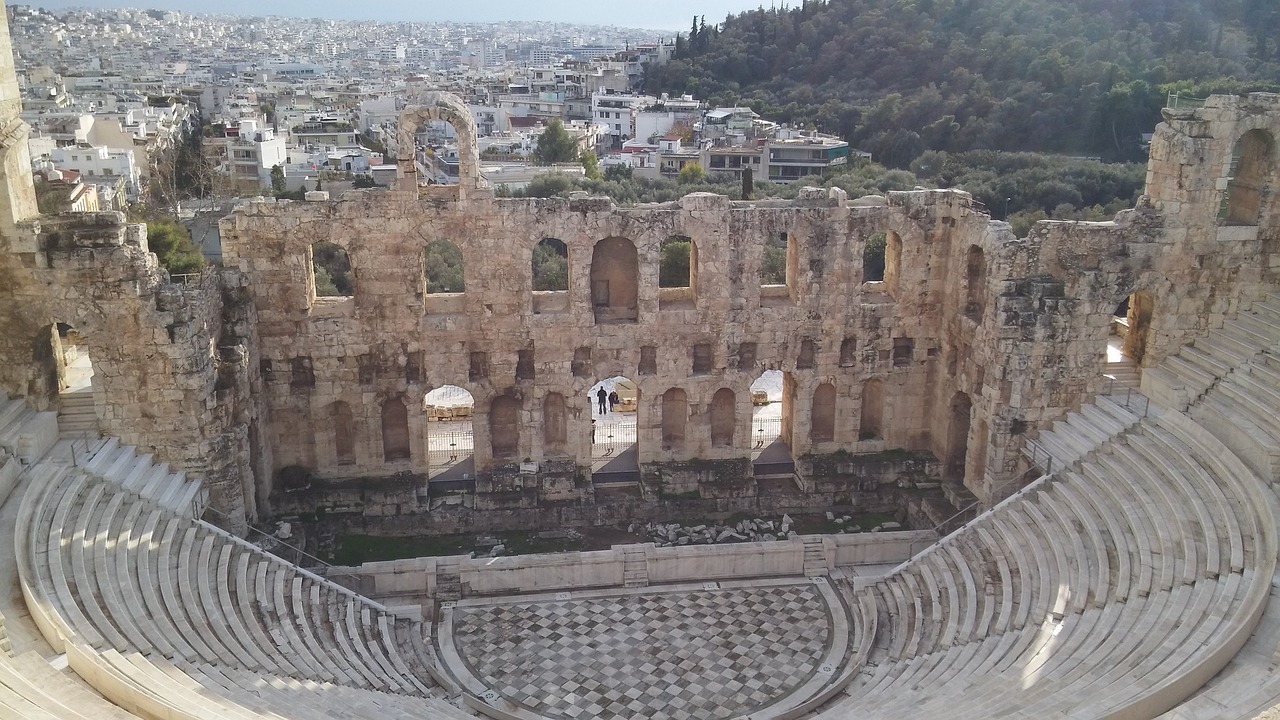Greek mythology is a vast collection of narratives that explores the tales of gods, heroes, and various sacred practices of the ancient Greeks. This body of work, rooted in Classical antiquity, presents a blend of historical beliefs and fictional storytelling. While philosophers such as Plato recognized the fictional elements within these tales during the 5th and 4th centuries BCE, the common people viewed these myths as genuine accounts of reality.
The tales of Greek mythology have significantly influenced Western arts and literature, with much of Greek culture being preserved and adapted over time. Myths have served multiple purposes across diverse cultures and historical periods, explaining the natural world, recounting heroic deeds, and justifying societal norms. However, the Greek myths stand out for their rich narrative depth and imaginative appeal, inspiring countless poets and artists from antiquity to the modern day.
Notable Sources of Greek Myths
One of the primary literary sources documenting these myths includes the epic poems attributed to Homer: the Iliad and the Odyssey. The renowned historian Herodotus noted that Homer and Hesiod shaped the personalities of the Olympian gods, creating a recognizable pantheon that would resonate with contemporary audiences. The Iliad, for instance, provides a vivid portrayal of divine and heroic conflicts during the Trojan War, while the identity of characters is instantly recognizable due to the shared cultural understanding of these myths.
Another significant contributor is Hesiod, whose works Theogony and Works and Days are crucial in depicting the origins of the gods and offering moral guidance, respectively. Theogony, written around 700 BCE, provides genealogical information about deities and mythological figures, whereas Works and Days delivers essential farming wisdom intertwined with themes of justice.
Other Literary Contributions
In addition to these foundational texts, various fragmentary epics and the Homeric Hymns expand on the stories presented in Homeric literature. The lyric poetry of notable figures, particularly Pindar, also preserves rich mythological narratives that continue to engage audiences. Tragic playwrights like Aeschylus, Sophocles, and Euripides further diversify the mythological tradition, presenting various interpretations and retellings of these ancient tales.
During the Hellenistic period, scholars like Callimachus contributed to the preservation of obscure myths, while mythographer Euhemerus proposed that the gods originated from human figures, a theory known as Euhemerism. Additionally, Apollonius of Rhodes is noted for providing an in-depth account of the Argonauts and their quest for the Golden Fleece, adding complexity to the mythological landscape.
Archaeological Insights
Archaeological discoveries have significantly enhanced our understanding of Greek mythology. Heinrich Schliemann’s work with the Mycenaean civilization, and Arthur Evans’s research into the Minoan civilization, revealed artifacts and evidence of practices dating back to around 2200 BCE to 1200 BCE. These findings provide insight into the cultural contexts that gave rise to myths and rituals.
Artifacts such as geometric pottery from the 8th century BCE illustrate stories from the Trojan War and Heracles’ adventures, although the interpretations of these artifacts can be complex. The Archaic, Classical, and Hellenistic periods saw further artistic and literary representations of mythological themes, bridging the gap between ancient beliefs and contemporary understanding.
In conclusion, Greek mythology is not just a collection of ancient stories; it is an enduring legacy that continues to influence literature, arts, and cultural discourse.



